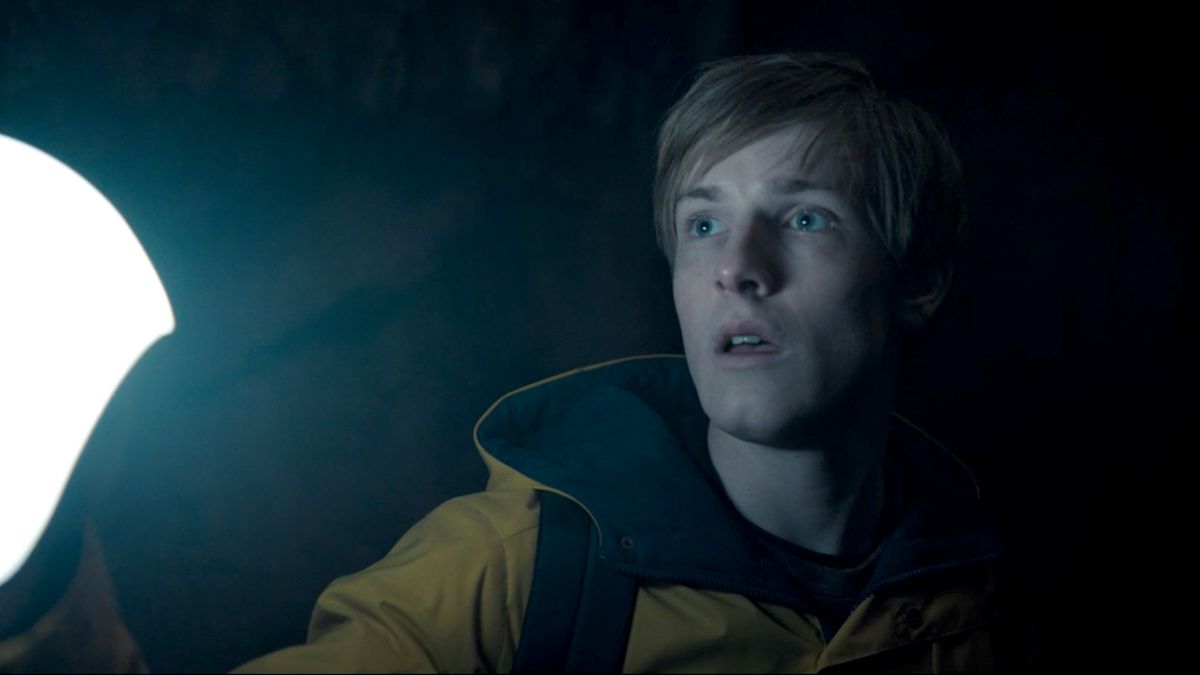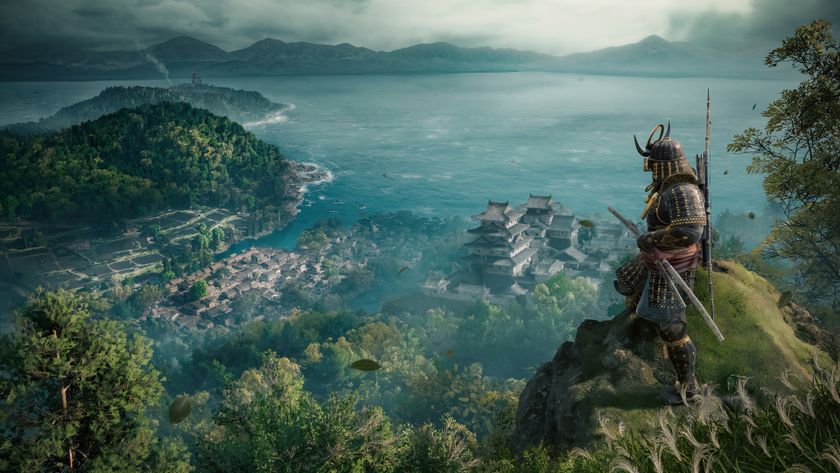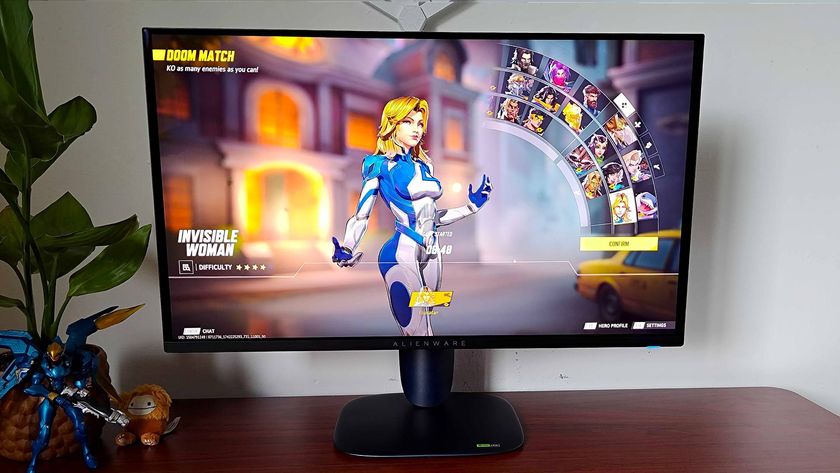GamesRadar+ Verdict
Compelling, beautifully made TV, which demands a little too much from the viewer to be absolutely essential
Why you can trust GamesRadar+
Netflix’s first German original, Dark, has drawn plenty of comparisons to the likes of Stranger Things and Twin Peaks. While a quick glance at its description would suggest this is true, the show is little like either of them, instead feeling much closer in spirit to the X-Files or the original Danish version of The Killing. Perhaps this comes as something of a disappointment to you. I imagine a number of phrases in this opening paragraph have already made you mentally shut down (‘German original’, ‘Danish version’, ‘little like Stranger Things’), the prospect of endless subtitles and sad people in chunky-knit sweaters dulling any interest you had in checking out this promising mystery thriller. Yes, Dark definitely requires a little more effort to enjoy than many of its Netflix stablemates, but the rewards and stylish presentation are well worth it.
Two things before we continue. Firstly, there are spoilers in this review, but they’re limited to the first three episodes, which have already been covered before release. Secondly, if you’re reading this review because you want to know if Dark is for you… my advice is that you watch the show in German, with subtitles. There is a default ‘American English’ dub, and its generic US tone sucks the personality out of the majority of the characters. This show could only have been made in Germany, and it wears the cultural nuances of country and language proudly, making a genuine asset of both. Ok, let’s begin.
Dark starts like many other European noirs - with the discovery of a body in a dreary small town, and the hunt for a second missing boy shortly after. Yes, there is a lot of rain, and a whole heap of severe-faced locals dressed in downbeat sweaters and raincoats. However, what begins as standard TV detective fare very quickly descends into something altogether more supernatural. Dead birds rain from the sky, lights randomly flicker on and off throughout the whole of the fictional town of Winden, and it’s heavily suggested that some kind of child-snatching evil lurks in a creepy cave-system in the even-creepier forest that envelopes the entire area. The opening scene, in fact, sees a man hang himself after leaving a note to his son that indicates that it should be opened and read on a specific date, at a very specific time.
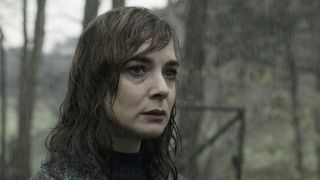
Very quickly, it becomes obvious that time plays a huge role in Dark, and that it’s way more than a simple whodunnit set amongst a town filled with dark secrets and potential suspects. As the show unwinds throughout its ten episode run, the role of not who but when becomes increasingly important, exponentially increasing the scope and smarts of a very well-worn genre. The comparisons to Stranger Things undoubtedly come from the fact some of Dark’s narrative is set in 1986 (and 1953), but while Stranger Things leans hard on nostalgia for a large chunk of its appeal, this show uses historical settings to tell a far deeper, far more sinister story, rather than evoke fond memories of the period.
No time to lose
It’s evident from the first episode that certain characters appear in time periods they absolutely don’t belong in, and that certain events in Winden appear to be repeating themselves throughout history, so you can reasonably assume that some kind of supernatural ‘time-hopping’ element is coming. What you’re never really prepared for, however, is the extent of what happens, the philosophical questions it raises, and the real consequences of it all. Dark’s plot-reveals are rarely unexpected by the time they happen, but their impact is heightened by their impeccable presentation and the style with which everything is delivered. This show differs from most noir dramas in that you’re never really chasing the big reveal, episode on episode, but instead you’re trying to piece together the bigger picture and - crucially - grasp the implications of what it all means. This show is a jigsaw, rather than a straight sprint from start to finish.
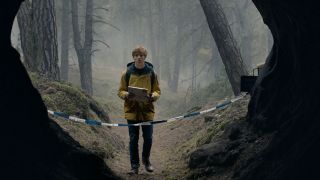
And yes, it’s incredibly stylish. While everything in Dark is necessarily downbeat and grim - with the looming presence of the forest, the background of an ugly, industrial nuclear powerplant, and a bunch of incredibly broken characters - each scene is well crafted, and every interaction filled with the right amount of menace or portent. The only real criticism of the way Dark is made is that sometimes it ponders too long on events that are obvious to the viewer; hammering home plot points that have already been explored enough, or that simply don’t go anywhere after they’ve fed into the overarching story. This occasional bloat becomes doubly frustrating in later episodes, when other aspects of the plot feel a little rushed by comparison.
The cast of characters in Dark is vast too, and it feels like only a handful really get the development they deserve. Central teenager figure Jonas Khanwald is exceptionally well played by Louis Hofmann, and the core police figure Ulrich (Oliver Massuci) also unravels wonderfully throughout the run. However, the show is often too busy showing you its clever plots that it can feel like many of the secondary personalities within it are never explored fully. Police chief Charlotte Doppler is a dud next to more interesting Scandi-drama counterparts, and many of Jonas’ acquaintances from school are little more than moody teen stereotypes.
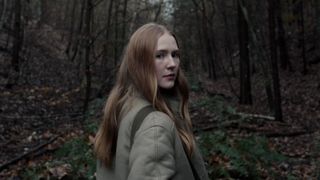
In fact, Dark could have told a far tighter, more focused tale with about two thirds of the final cast. Given that viewers are asked to accept some very complex theories about causality, in (for most) a foreign language with subtitles, the creators really should have been a little more sympathetic with the vast number of characters they introduce us to across three different time periods. Half the mystery is working out how they all link together, but a few fewer people would definitely help with the pacing, especially in early episodes.
My only other real issue with Dark is a biggie, and if you’re keen to avoid spoilers please skip with whole next paragraph. Seriously, just move to the next one down, under the next image.
Still here? OK. The ending lacks a proper pay-off, and that’s a huge problem. Either Dark has left itself open for a second season, in keeping with many similar shows on Netflix like Mindhunter, or it wants viewers to decide for themselves if the core questions have been answered properly. I enjoyed sitting down after the final scene and contemplating what it all meant, which is definitely part of the show’s appeal, but it feels like much of the final and penultimate episodes set the viewer up for a revelation that never arrives. What of the scenes with Bartosz and Noah? What about Ulrich? What role did Claudia Tiedemann play in it all? And does Jonas actually succeed? Leaving these questions open to interpretation is a bold move from Dark, but one that is unlikely to play well with a TV audience accustomed to some kind of closure.
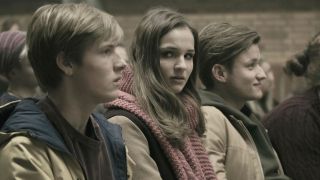
Are you back now?
In all, Dark is a wonderfully stylish thriller, with some very smart themes and philosophical questions for the viewer. It isn’t popcorn TV that you can watch while you fiddle with a smartphone or cook the dinner, because it demands your attention 100% of the time. Invest in its sinister, labyrinthine world and it’s one of the smartest things you’ll watch all year. The journey this show takes you on is a creepy ride through some of the most foreboding mystery on TV, even if you’re unsure about the final destination. Stranger Things it isn’t, but that’s no bad thing, even if you are severely allergic to subtitles and chunky-knit sweaters.
More info
| Watch it on... | Netflix |
| Country | Germany |
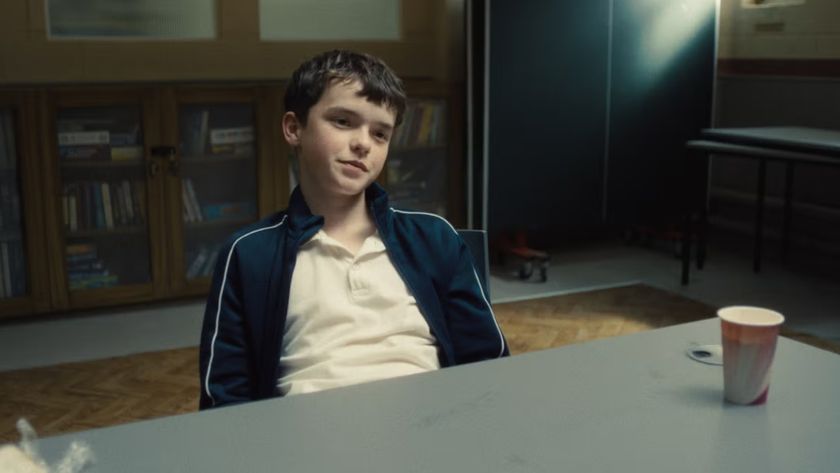

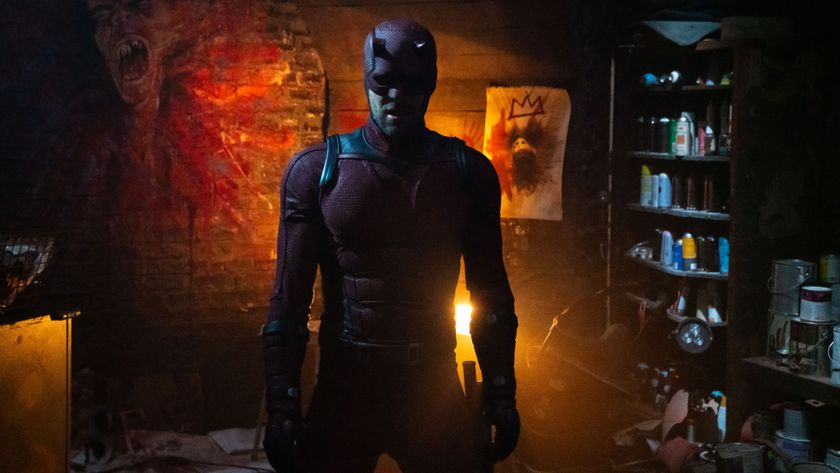
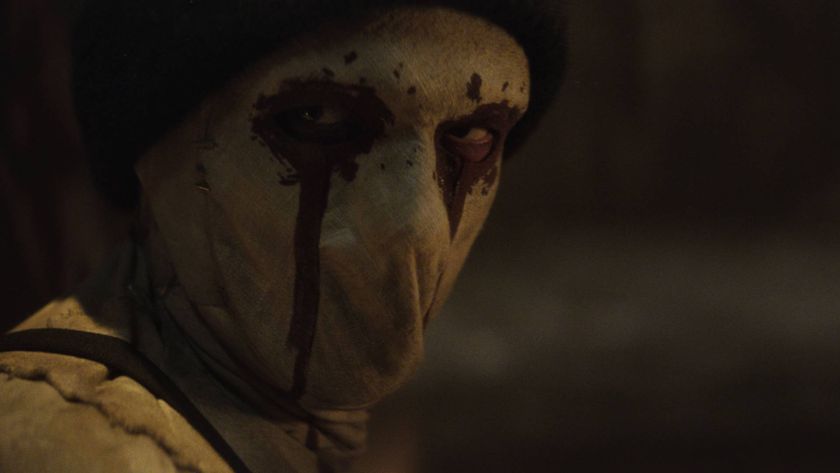

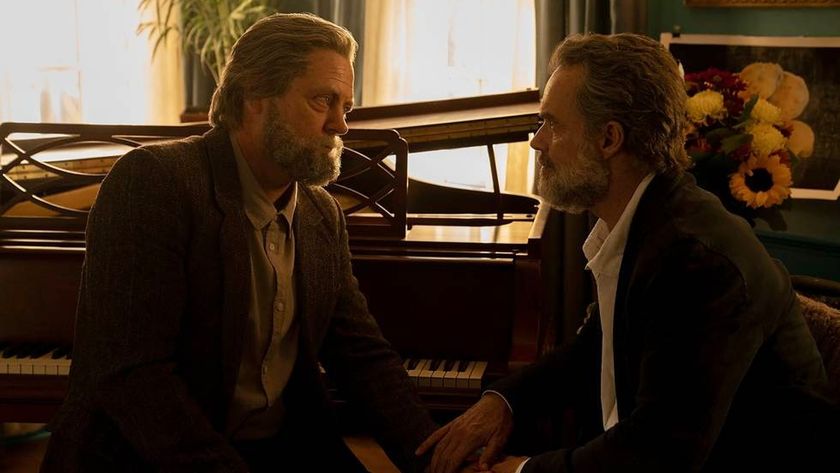





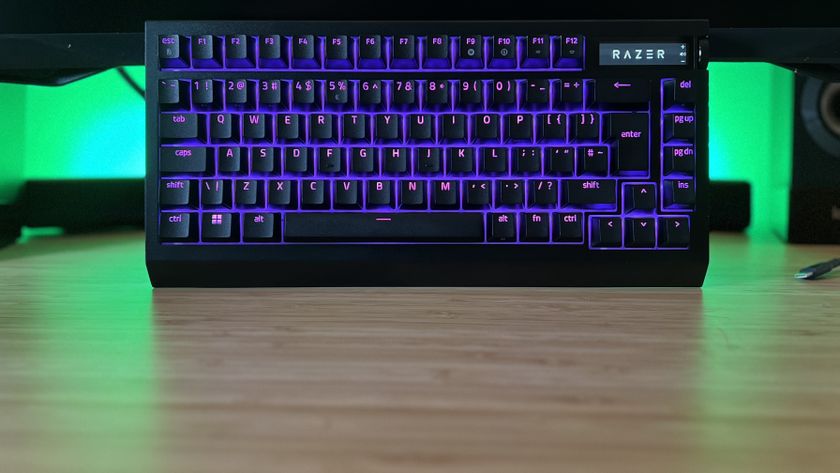

Sorry, Adolescence season 2 isn't happening, despite its 99% Rotten Tomatoes score and record-breaking Netflix audience
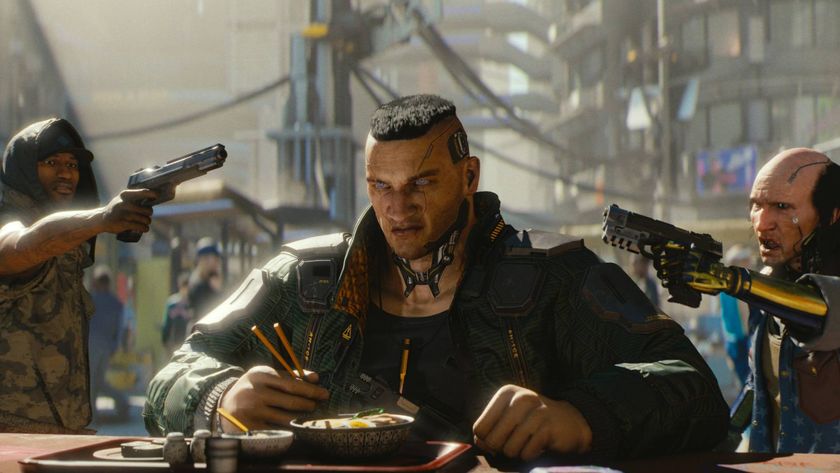
The Witcher 3 and Cyberpunk 2077 developer enters into partnership with Pokemon Go owner to create a new game "set within one of CD Projekt's IPs"

Daredevil: Born Again episode 5 just nodded to Thanos and the Avengers movies in the most obscure way
